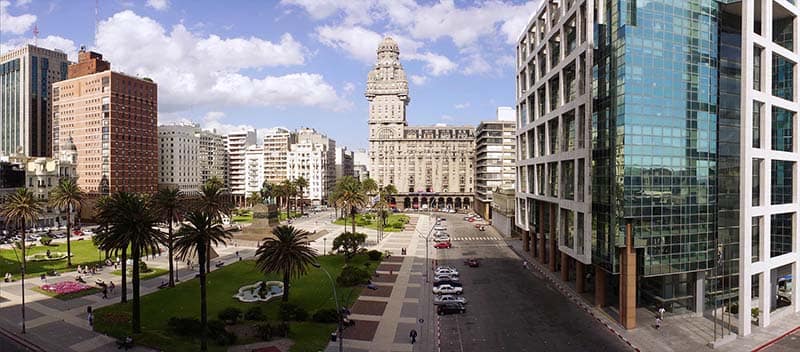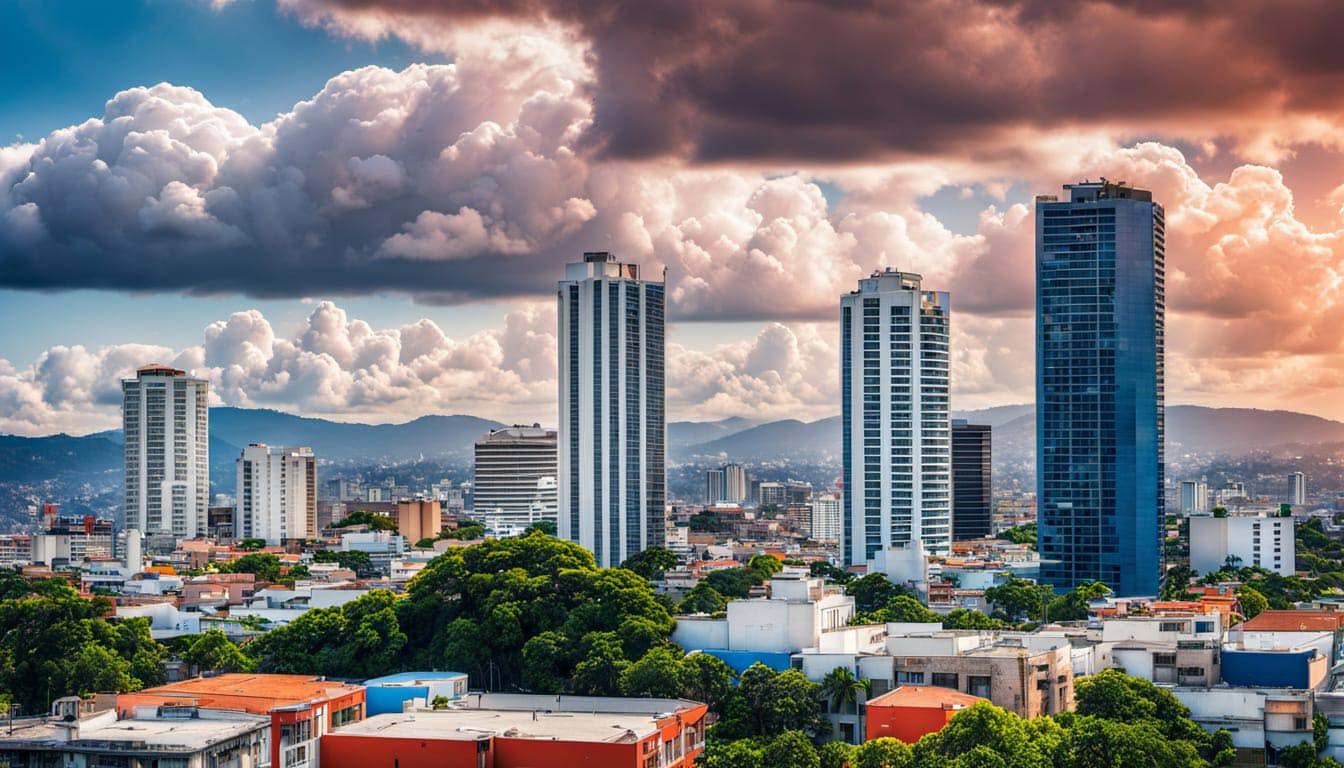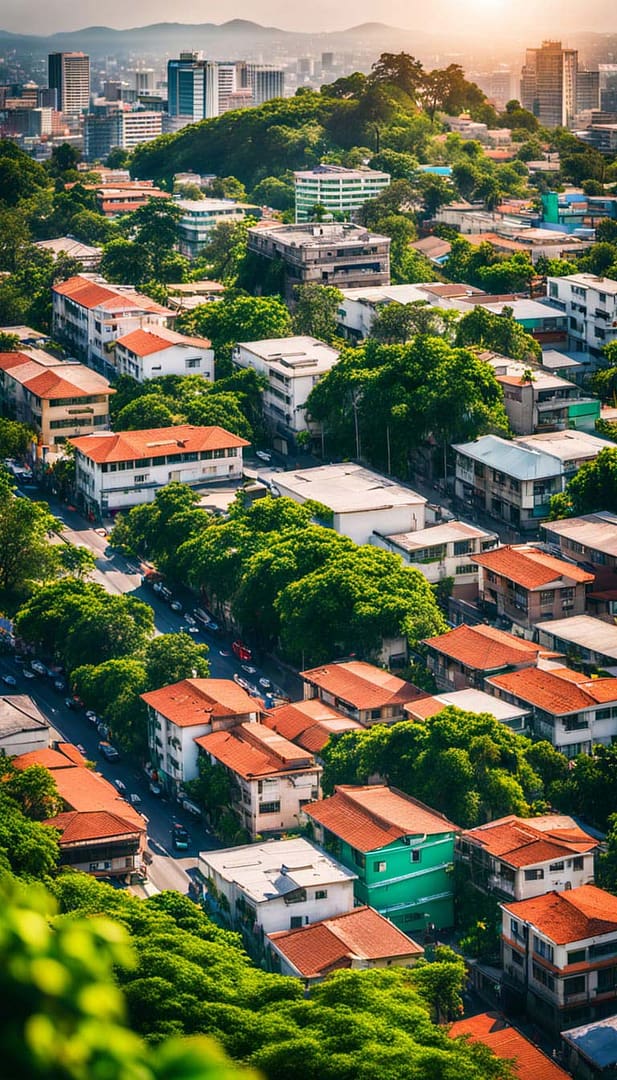Moving to El Salvador – Moving from Switzerland to El Salvador
Move to El Salvador: El Salvador, often referred to as the “Land of Volcanoes,” attracts many emigrants with its tropical charm and growing dynamism. Life in El Salvador offers a year-round warm climate and distinct dry and rainy seasons – ideal conditions for those looking to escape the Central European winter. In addition to the sunny weather, the country’s warm culture is also appealing: The Salvadoran population is known for being friendly, family-oriented, and helpful, making newcomers feel quickly welcomed. Furthermore, the cost of living in El Salvador is significantly lower than in Switzerland – rents, food, and daily expenses are much more affordable. Not least, this small Central American country offers a wealth of natural beauty: stunning Pacific beaches, impressive volcanoes, and historical sites (such as pre-Columbian ruins and colonial towns) provide countless opportunities to experience nature and culture up close.
The Central American country offers diverse lifestyles. Whether it’s the vibrant city life in the capital, San Salvador, with modern shopping centers and a lively nightlife, relaxed beach life in the surf towns along the coast, or colonial small-town charm in places like Suchitoto – there is a place for every taste. Those looking to start a new chapter in El Salvador can expect a laid-back daily life and a close-knit community. Enjoyment and time spent with family and friends are at the heart of life here, while hustle and stress tend to take a backseat. This combination of climate, culture, and lifestyle makes El Salvador surprisingly attractive for many seeking a fresh start.
Are you planning to move from Switzerland to El Salvador and looking for an experienced and professional moving company for this endeavor? With decades of experience in the moving and logistics industry, the international moving company “Altaventura GmbH” is the right partner for you. Our well-established team has successfully handled numerous overseas relocations from Switzerland and is familiar with the specific requirements and challenges of such international moves. We organize your entire move from A to Z, so you can sit back and relax while we take care of the work for you.
Let Altaventura handle the logistical challenges while you look forward to your new home in El Salvador. Thanks to our worldwide network of reliable partners, we ensure that your belongings arrive safely and quickly. Enjoy the tropical ambiance, the delicious Salvadoran cuisine (such as the famous Pupusas), and the excitement of your new life – we’ll take care of the rest and make your move as stress-free as possible.
Moving Services for Your Move to El Salvador
- Personal assistance by a moving professional who plans and oversees your move
- Thorough assessment of moving volume, timeline, and budget
- Professional packing and collection of your belongings directly from your location
- Safe loading into the container or truck and transportation via the optimal route (air freight for urgent shipments, if needed)
- Handling of all necessary documents and customs formalities
- Delivery, unloading, and unpacking at your destination in El Salvador
- …
Move to El Salvador – Shipping Options
For your move to El Salvador, we offer suitable transport options – we transport almost all goods, as long as Salvadoran import regulations allow it. From household goods to office inventory and furniture to vehicles and electronics: Anything we can clear through customs without issue will be transported to your destination promptly and properly. We will inform you in advance about what can be taken with you and what you should avoid.
Since a move to El Salvador is an intercontinental transport, it is usually carried out by sea freight. Typically, your belongings will be transported in a container by ship from Europe to Central America. We handle the entire organization of this route: First, your goods will be loaded in Switzerland and transported to the export port, from where the container ship will depart toward El Salvador. Upon arrival at the Salvadoran port, our local partner will take over the container and bring it by truck to your new residence. For smaller moves or urgent shipments, there is also the option of air freight. While air freight is significantly more expensive, it delivers your belongings within a few days.
Depending on the size of your household, we can organize your move as consolidated shipping or with a dedicated container. With consolidated shipping, you share the container space with other customers and only pay for the volume your goods occupy – an efficient solution for medium and smaller moves. For very large volumes, we can provide a complete container exclusively for your move, so your household is transported exclusively. As a comparison, sea transport to El Salvador usually takes a few weeks (depending on the route and customs clearance effort), while air transport can deliver your belongings in a few days. Which method is most suitable depends on your priorities – we are happy to advise you on this.
Shipping Process for Your El Salvador Move
To ensure everything runs smoothly during the move, we take care of careful preparation and execution. At the beginning, our highly qualified team will come to your home to collect your belongings and pack them properly. For each item, we use appropriate packing materials to ensure your goods are optimally protected during transport. From sturdy standard moving boxes for books, dishes, and clothes to custom-made wooden crates for especially fragile or valuable items – your belongings are in safe hands with us. Upon request, we also dismantle furniture and appliances at the departure location and reassemble them in your new home in El Salvador.
Altaventura handles all customs clearance and documentation for you, both for the export of your household from Switzerland and the import into El Salvador. We prepare all the necessary documents and maintain close contact with the customs authorities to ensure your goods are processed quickly and correctly. While we handle the bureaucracy, you can focus on planning other aspects of your new start.
Once the transport route has been completed, we will deliver your belongings directly to your new address in El Salvador. On-site, we carefully unload the container or truck and, upon request, unpack all boxes and furniture. You won’t need to worry about anything further and can immediately settle into your new home. We are happy to take back the packing materials so that your apartment or house is ready to move in and free from moving boxes. This way, you can fully focus on settling in El Salvador while we successfully complete your move.
Move to El Salvador – Additional Services
- Moving and Transport Insurance: Upon request, we advise you on the optimal insurance for your move to El Salvador to ensure your belongings are comprehensively protected during transport and storage.
- Cleaning Service: We are happy to organize an end-of-tenancy cleaning for your old apartment or house in Switzerland, so you can hand it over in pristine condition.
- Handyman Services: Our team can assist with handyman tasks such as furniture disassembly and assembly, installations (e.g., lamps, electrical appliances), or minor renovation and painting work.
- Storage: If you don’t want to take furniture or boxes right away, we offer storage space worldwide through our partner network. We can also arrange secure interim storage for your belongings in El Salvador.
- Pet Transport: Your pets are important to us. We support you in safely transporting your pet to your new home country, including advice on transport boxes, necessary vaccinations, and paperwork.
- Post-Move Support: Upon request, we are also available after your move to offer advice and help. We provide helpful tips and local information to make your settling-in process in El Salvador easier – whether it’s about finding an apartment, schools, language courses, or local insurance options.
Why Move to El Salvador with Altaventura?
Altaventura GmbH has many years of experience in international moving services and works globally with personally selected, highly trusted partners. This expertise and our proven network ensure first-class service and a smooth process for your move to El Salvador. Your furniture and personal belongings are in good hands with us – we transport everything securely and efficiently from Switzerland to El Salvador. Our goal is to provide you with a stress-free package, so you can take the step abroad with confidence.
To make your move to El Salvador as stress-free as possible, we keep you updated on the current status of your shipment and are always available for any questions. Thanks to our extensive experience, we can realistically show you what is feasible from the first consultation and what costs you can expect for your individual move. We then create a customized moving plan that is tailored to your needs, budget, and timeline. Our staff handles your belongings in a friendly and professional manner, treating especially valuable or fragile items with the utmost care. With Altaventura by your side, your move to El Salvador will be in the best hands.
Customs and Import Regulations in El Salvador
As a specialized moving company, we understand that customs regulations are often one of the biggest concerns when moving abroad. The good news: with proper preparation, personal belongings can generally be imported from Switzerland to El Salvador without significant hurdles. We are familiar with the procedures and have the necessary contacts and experience to make the customs clearance process as smooth as possible. Our experts oversee and coordinate the entire process to ensure that your belongings pass through customs safely and on time.
In principle, household goods (referred to as “moving goods”) can be imported into El Salvador duty-free as long as they are for personal use, are second-hand, and are not used commercially. This includes, among other things:
- Household goods: Personal items and furnishings, such as furniture, electronics, and decorations
- Vehicles: Private vehicles such as cars or motorcycles, possibly also RVs, trailers, or small boats
- Food supplies: Usual quantities of food and beverages for personal use (in reasonable amounts)
- Pets: Household and companion animals (e.g., dogs, cats) can be moved with you
- Work tools: Portable tools, musical instruments, or equipment needed for your profession or hobby
All of these items can be brought with you during your move to El Salvador without having to pay customs duties. It is important that the items were already in your possession before the move and will continue to be used privately. Our moving specialists will help you create a complete inventory list of your moving goods – this list is required for the customs declaration and will accompany your shipment.
Please note that certain goods are subject to quantity limits or regulations. In particular, alcohol and tobacco products have duty-free limits that should not be exceeded when bringing such items in your moving goods. If the permitted quantities are exceeded, taxes or duties may apply. The same applies to the import of medications or certain foods: larger quantities or sensitive products can only be imported with governmental approval. For example, alcohol may require an import permit, and unpreserved foods might require a plant health certificate. We will gladly advise you on which quantities are unproblematic and which items you should limit bringing.
Pets are also allowed to be brought to El Salvador but must meet local requirements: Animals typically need an official import permit, a current vaccination record (especially rabies vaccination), and a health certificate from a veterinarian just before departure. We will help you in advance to obtain all the necessary documents on time. Weapons, ammunition, or dangerous goods require special permits – such items should generally not be transported without prior consultation. If you are unsure whether a certain item can be brought to El Salvador, we are happy to assist you with advice.
Upon arrival in El Salvador, your moving goods must be presented at customs. Typically, we handle this for you through our local partners, so you don’t have to go to customs yourself. If you are importing a vehicle, we will assist you with that as well: Your car will first go through customs clearance and then be registered in El Salvador. This requires, among other things, a technical inspection (similar to a vehicle inspection in Switzerland) and the allocation of new license plates in El Salvador. As part of our service, we will provide you with information on the necessary documents (e.g., vehicle registration, purchase receipt) and organize the transport of the car. Under local regulations, privately used vehicles included in your household goods can usually be imported with customs benefits – however, local taxes may apply. Please note that El Salvador generally only imports vehicles that are no older than 8 years. You should have owned the vehicle for at least six months before the move and continue using it for at least one year after import to benefit from customs exemption (selling imported vehicles immediately after the move is not allowed).
In summary: Typical personal belongings can be easily brought from Switzerland to El Salvador. Altaventura ensures that all forms are filled out correctly and the regulations are followed. This helps avoid delays, and you will receive your furniture and valuables in El Salvador without unexpected complications.
(Information is not binding – as of April 2025. Move to El Salvador: Please ask us about the most current regulations.)
Popular Expat Locations in El Salvador
San Salvador
As the capital and largest city of the country, San Salvador is the first stop for many expats. This is where the economy, politics, and culture of El Salvador converge. In neighborhoods such as Colonia Escalón, San Benito, and Santa Elena, foreigners can find modern apartments, shopping malls, international restaurants, and a relatively good infrastructure. San Salvador offers a cosmopolitan vibe – from museums and theaters to vibrant nightlife. However, newcomers should note that traffic congestion is high, and some areas pose safety risks. With a choice of a secure neighborhood and common sense, living in San Salvador can be comfortable and diverse.
Santa Tecla
Santa Tecla lies directly to the west of San Salvador and has become a popular choice for expats who want to live close to the city but in a quieter environment. The city offers a green, well-maintained area with parks and wide avenues, as well as a more moderate climate at the foot of the San Salvador volcano. In the Paseo El Carmen neighborhood, you’ll find trendy cafes, restaurants, and a lively cultural scene – especially in the evenings and on weekends. Santa Tecla is considered relatively safe and family-friendly; it also houses some of the best schools in the country. Due to its proximity to the capital, residents benefit from San Salvador’s infrastructure without being in the midst of the hustle and bustle of the big city.
La Libertad (Coastal Region)
The coastal region of La Libertad, south of the capital, has made a name for itself under the slogan “Surf City,” attracting sun-loving expats and surfers from around the world. Long Pacific beaches, world-class surfing waves, and a relaxed tropical lifestyle define this part of the country. Well-known beach locations such as El Zonte (also known as “Bitcoin Beach”) or Playa El Sunzal attract a growing foreign community, small resorts, and seaside cafes. However, outside the tourist centers, the infrastructure is still basic: for bigger shopping or medical care, you typically head to San Salvador. If you’re seeking a life with ocean views and year-round summer, La Libertad offers ideal conditions – whether as a digital nomad, a dropout, or an investor in the tourism sector.
El Tunco
The small beach village of El Tunco on the coast of La Libertad has become a cult destination in the surfer and backpacker scene. The distinctive rock off the coast, after which the village is named (“El Tunco” means “the little pig,” referencing the shape of the rock), has become the unofficial landmark for El Salvador’s surf regions. By day, surf lessons, yoga sessions, and relaxed beach life dominate the area; in the evenings, the bars fill up, and it becomes lively. On weekends, many locals from the capital flock to El Tunco to enjoy the beach atmosphere and nightlife. For expats, the area offers an easygoing, youthful community with daily contact with travelers from around the world – but one should be aware that El Tunco is more tourist-oriented, and life here remains simple and focused on the essentials.
Expat Community and Integration Locally
The expat community in El Salvador may be smaller than in classic expat destinations, but it is noticeable and helpful. International newcomers – from Americans to Europeans to a few Swiss – mostly connect in the capital region. There are regular meet-ups (so-called Stammtisch) and various online groups where tips are exchanged and contacts made. Platforms like Facebook or InterNations offer newcomers quick access to like-minded people. Additionally, activities such as surf and hiking groups or language meetups provide opportunities to meet people and support each other in everyday life.
For successful integration, language and cultural understanding play a crucial role. Spanish is the official language – outside of tourist areas, English is rarely understood. Many expats therefore attend language courses or take private lessons to communicate in daily life. Salvadorans are known to be friendly and open people, but as everywhere, respecting local customs opens many doors: Punctuality is handled a bit more loosely than in Switzerland, but personal relationships and polite forms of address (e.g., using “usted” in Spanish) are all the more important. Those willing to embrace Salvadoran life – whether by trying local dishes like Pupusas, celebrating traditional festivals, or simply having patience when dealing with authorities – will find themselves warmly welcomed into the community. With openness, willingness to learn, and initiative, most expats are able to build a social network in El Salvador that goes beyond the expatriate community.
Visa and Residence Rights for Swiss Citizens in El Salvador
Entry Without a Visa: Swiss citizens can enter El Salvador as tourists without a visa. Upon arrival, they will typically receive a residence permit for an initial 90 days (possibly in the form of a tourist card for a small fee). The passport must be valid for at least six months upon entry. Additionally, authorities may occasionally require proof of a return or onward ticket and sufficient financial means for the stay. A one-time extension of the tourist stay for another 90 days is possible – either by applying to the local immigration office or by briefly leaving the so-called CA-4 region (El Salvador, Guatemala, Honduras, Nicaragua) and re-entering.
Residence Permit for Long-Term Stay: Those wishing to stay longer than the allowed 90 (up to a maximum of 180) days or work in El Salvador must apply for a temporary residence permit. This application can usually be submitted locally at the Dirección General de Migración y Extranjería (Immigration Office), ideally before the visa-free period expires. Initially, a temporary residence permit with a validity of one year is issued, which can be extended if the conditions are met. After several years of continuous residence (often about 3 years), one can apply for a permanent residency permit. A specific purpose of stay must be demonstrated, such as employment, family reunification, retirement, or investment.
Special Visas for Retirees, Privatiers, and Investors: El Salvador offers special programs to facilitate longer stays for foreigners. A special Retiree Visa is available for retirees who receive a guaranteed pension (often requiring a minimum income of about 1,000–1,500 USD per month). Similarly, there is a visa for Privatiers (financially independent individuals) or digital nomads who can prove sufficient passive income from abroad – these individuals agree not to engage in local employment. Both visa types are typically issued for one year and can be extended annually. Additionally, there is an Investor or Self-Employed Visa: Anyone who establishes a business in El Salvador or invests in an existing local company (e.g., through a capital investment of around 10,000 USD and job creation) can also receive a residence permit. In all cases, accompanying family members (spouses, children) are usually included in the application.
Required Documents: Applying for a residence permit requires thorough document preparation. The typical documents to be submitted include:
- Valid passport (with sufficient remaining validity) and copies of all relevant pages
- Completed application form (available from the embassy or immigration office)
- Biometric passport photos (in the required format)
- Police clearance certificate from Switzerland (no record, notarized and with apostille)
- Birth certificate (also notarized and with apostille)
- Medical health certificate (general health status certificate, possibly including vaccination status or a negative HIV test)
- Proof of sufficient financial means (e.g., bank statements, income or pension certificates)
- Proof of the purpose of stay:
- For employment: Employment contract or job offer from a Salvadoran employer
- For retirees: Pension certificate showing monthly benefits
- For investors/self-employed: Business plan, proof of capital investment or company registration (business registry excerpt)
- For family reunification: Marriage certificate or birth certificates of accompanying family members
All documents from abroad must generally be translated into Spanish and apostilled to be recognized in El Salvador. It is advisable to check the exact requirements in advance with the Salvadoran embassy in Switzerland or the immigration office, as details may change.
Registration and Reporting Requirements: After receiving the residence permit, you must officially register in El Salvador. Usually, a foreigner identification document (Residency Card) is issued, which includes the personal identification number and address. Any changes of residence during the stay should be reported to the authorities. Swiss expats should also remember to report their departure to the local population registry and register with the Swiss Embassy in San Salvador in the Swiss expatriate register. This ensures that consular support is available in case of an emergency and that important information (e.g., voting) is not missed.
Conclusion
El Salvador may not be a classic expat destination, but for those who embrace it, the country offers great potential. The combination of natural beauty, a growing economy, and an expanding international community can be very attractive to Swiss expats. The key is to thoroughly inform oneself in advance, approach the new environment openly, and diligently meet the legal requirements. With that, nothing stands in the way of a successful fresh start in El Salvador – and a rewarding chapter in your personal life journey.
Top moving countries
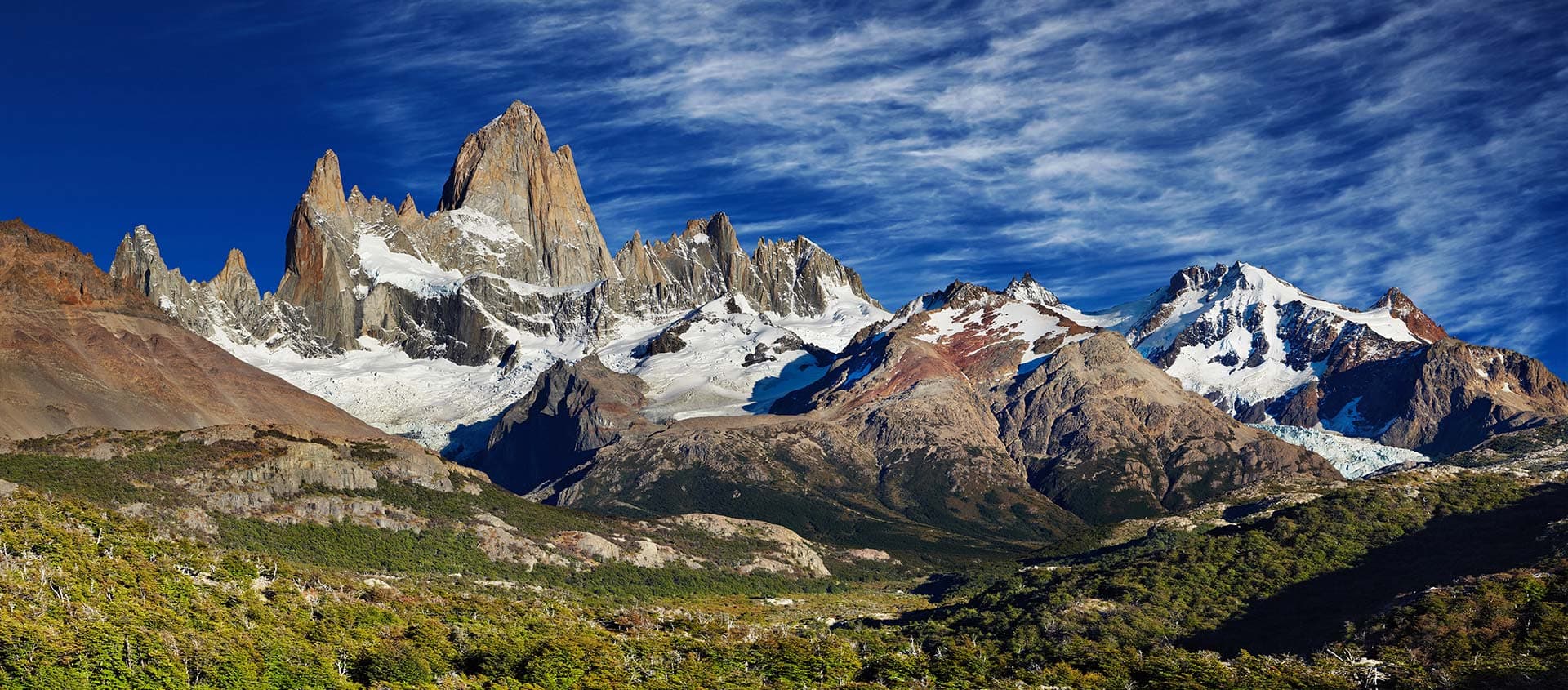
ARGENTINA

AUSTRALIA
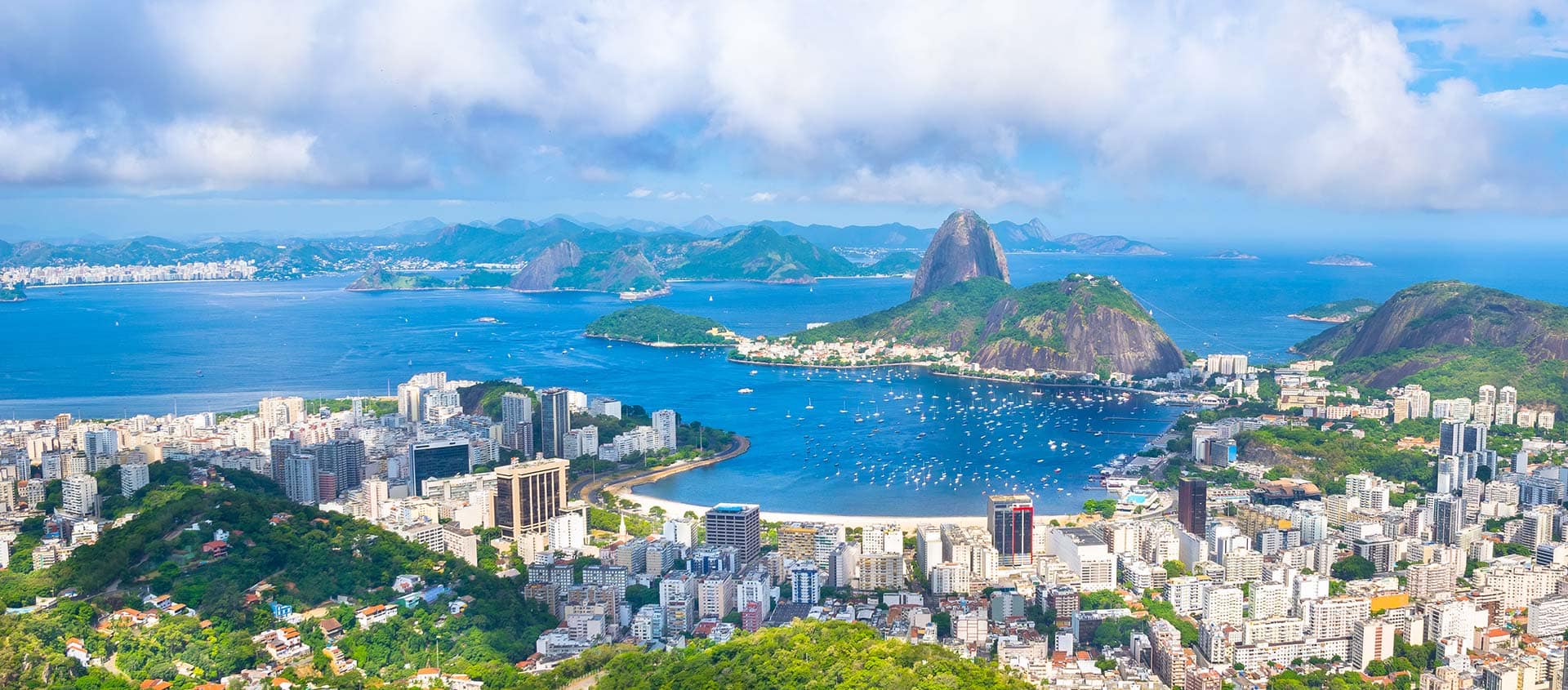
BRAZIL
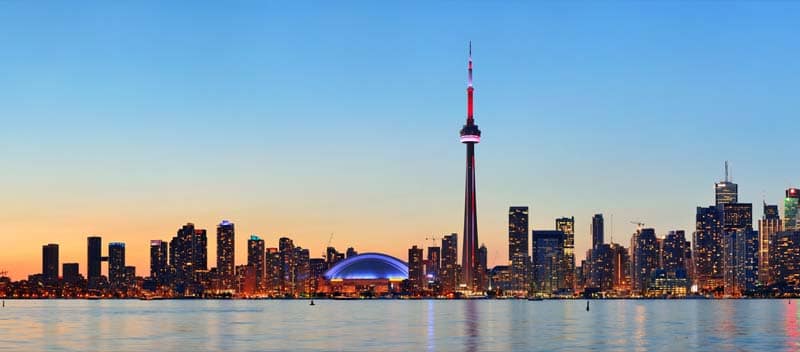
CANADA
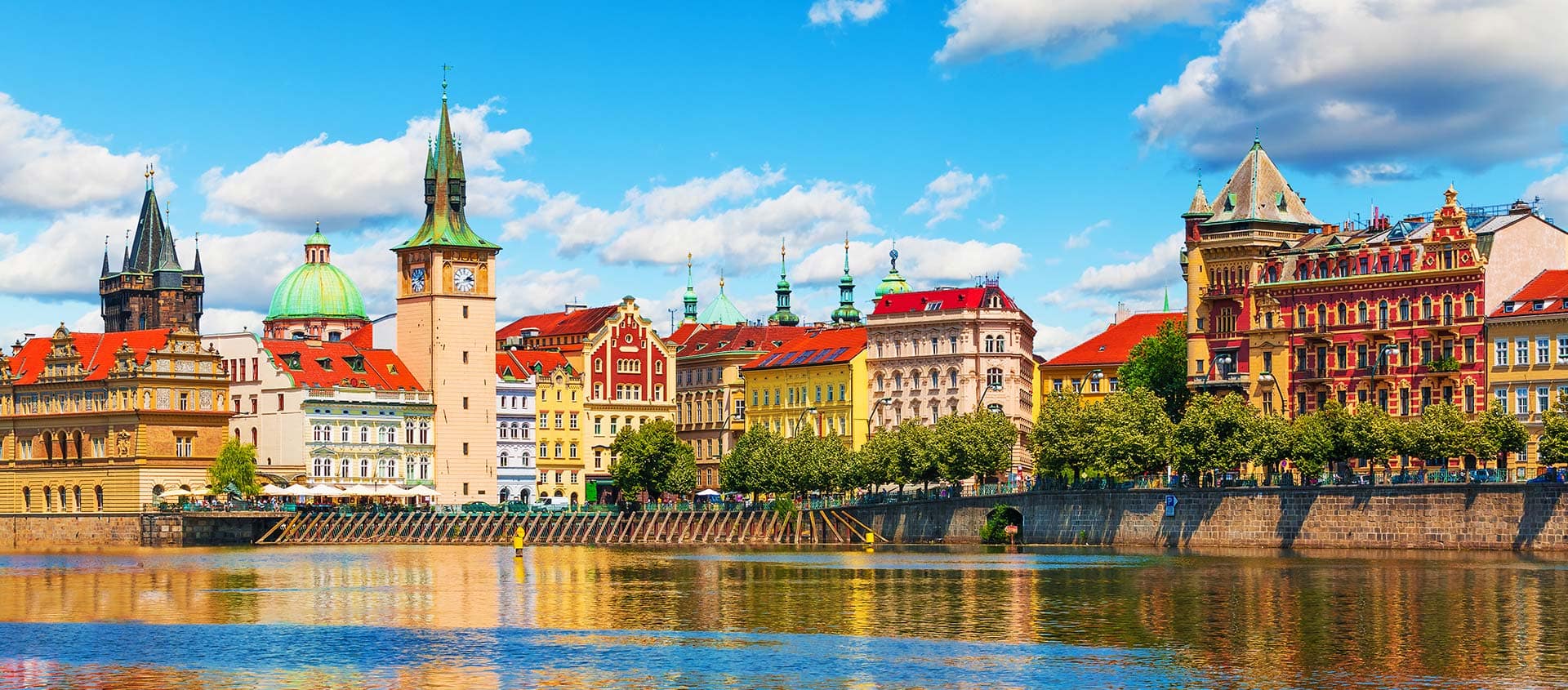
CZECH REPUBLIC
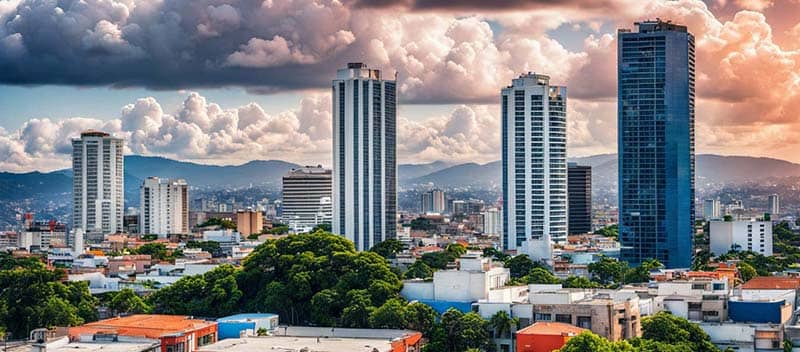
EL SALVADOR

GREECE

HUNGARY

IRELAND
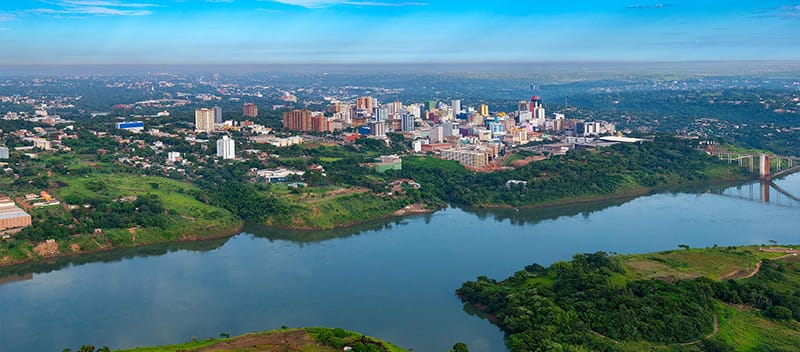
PARAGUAY
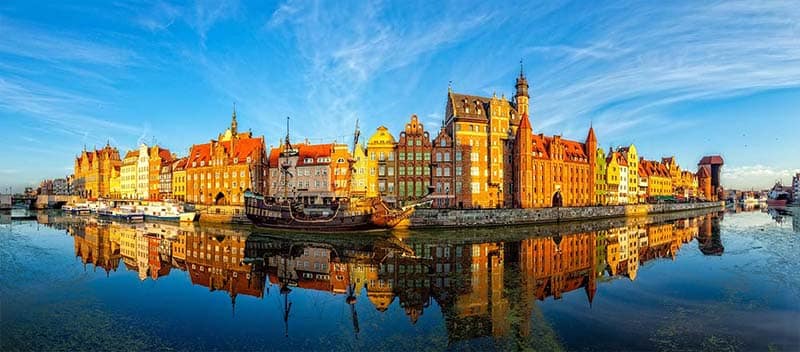
POLAND
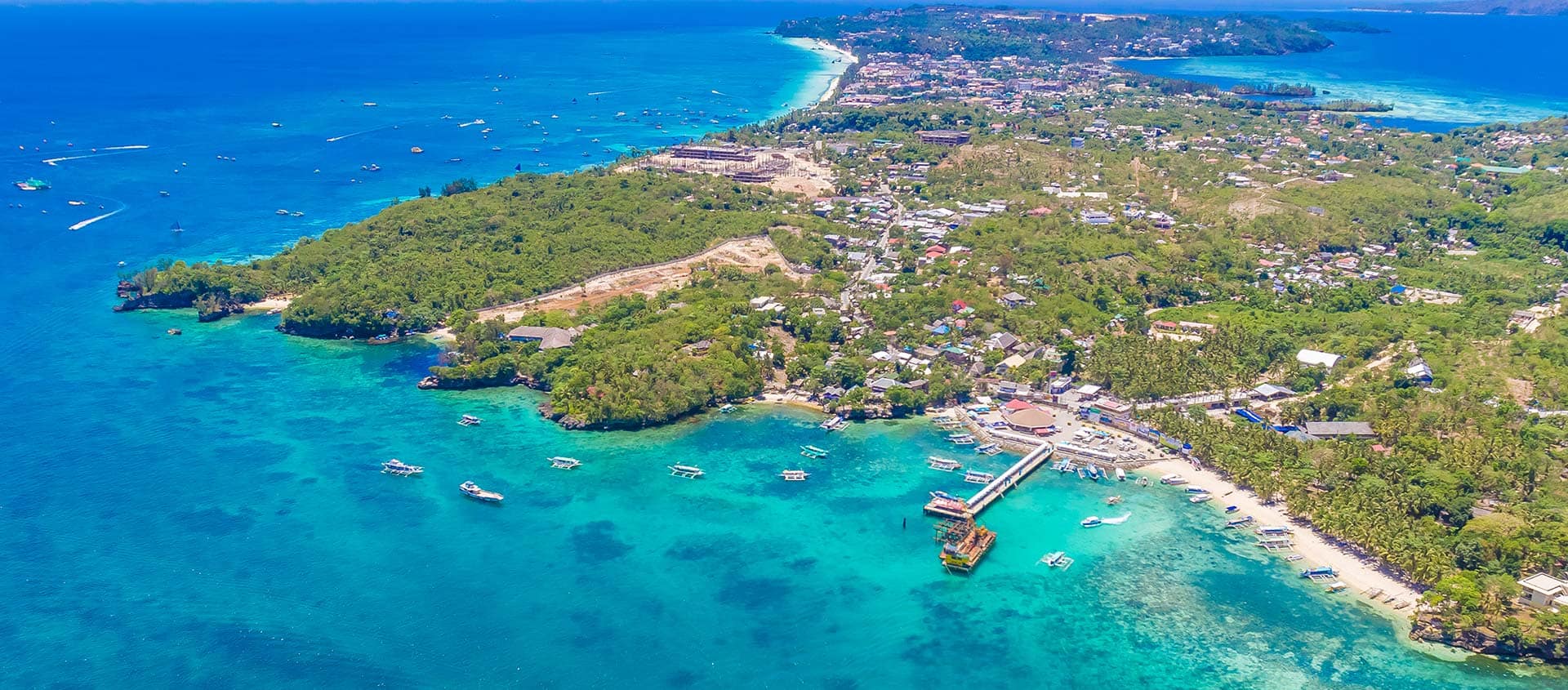
PHILIPPINES
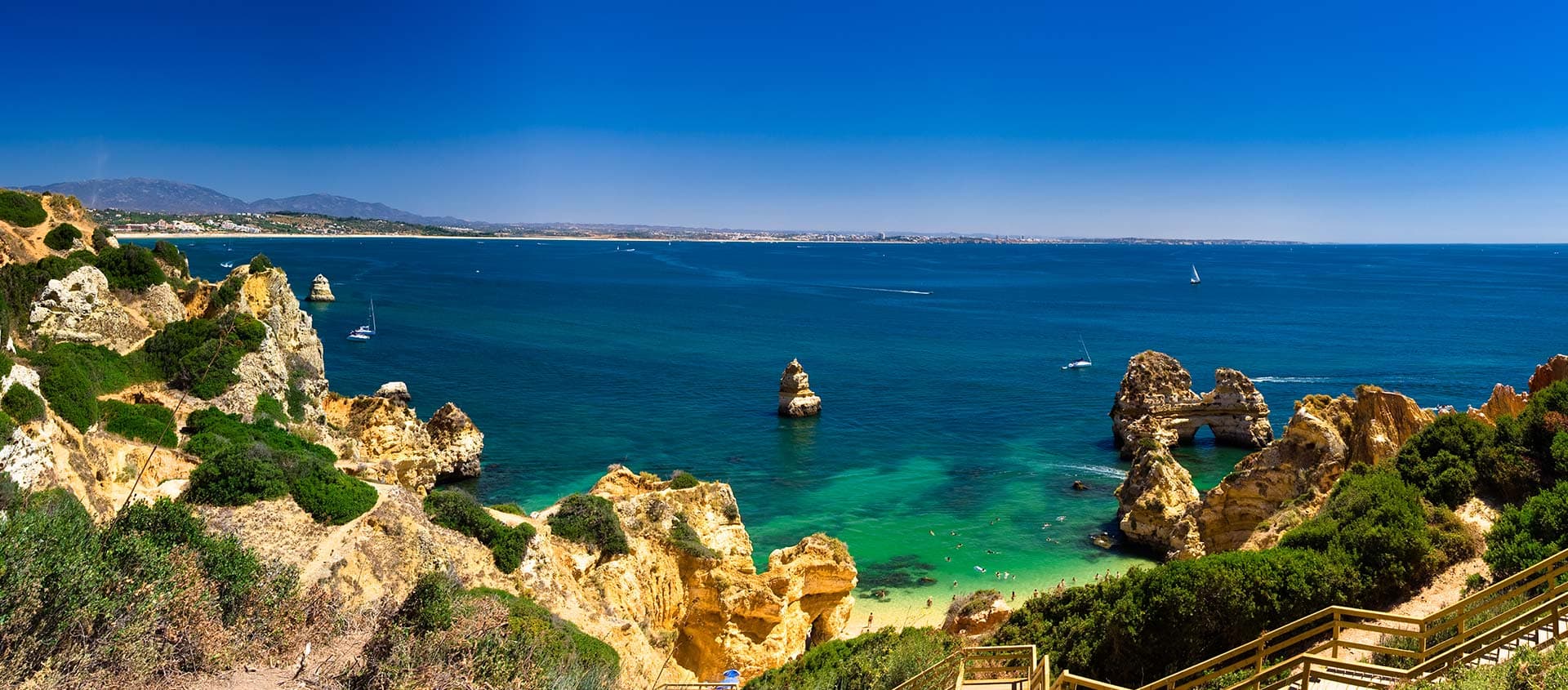
PORTUGAL
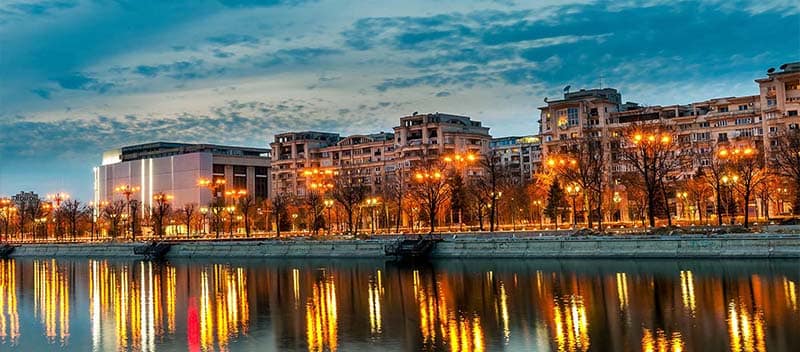
ROMANIA

SOUTH AFRICA
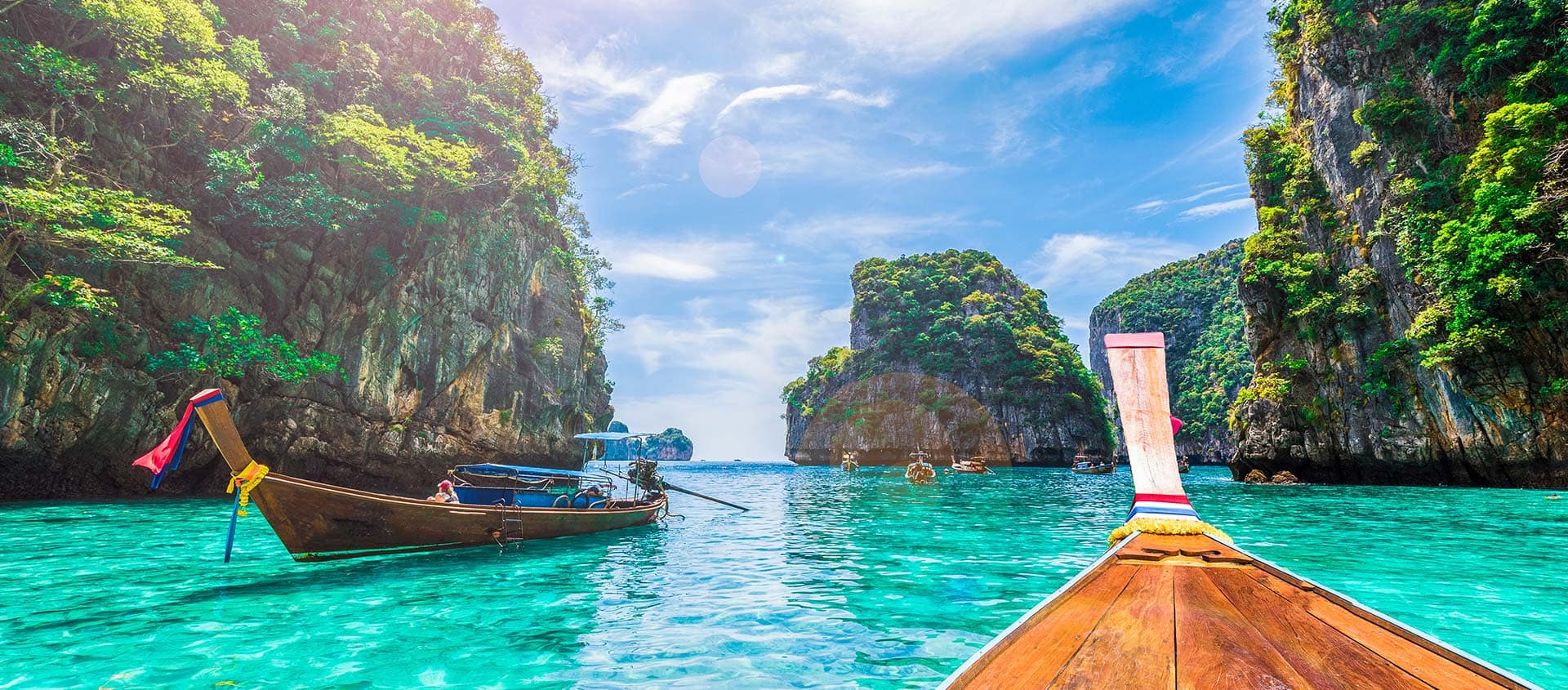
THAILAND
